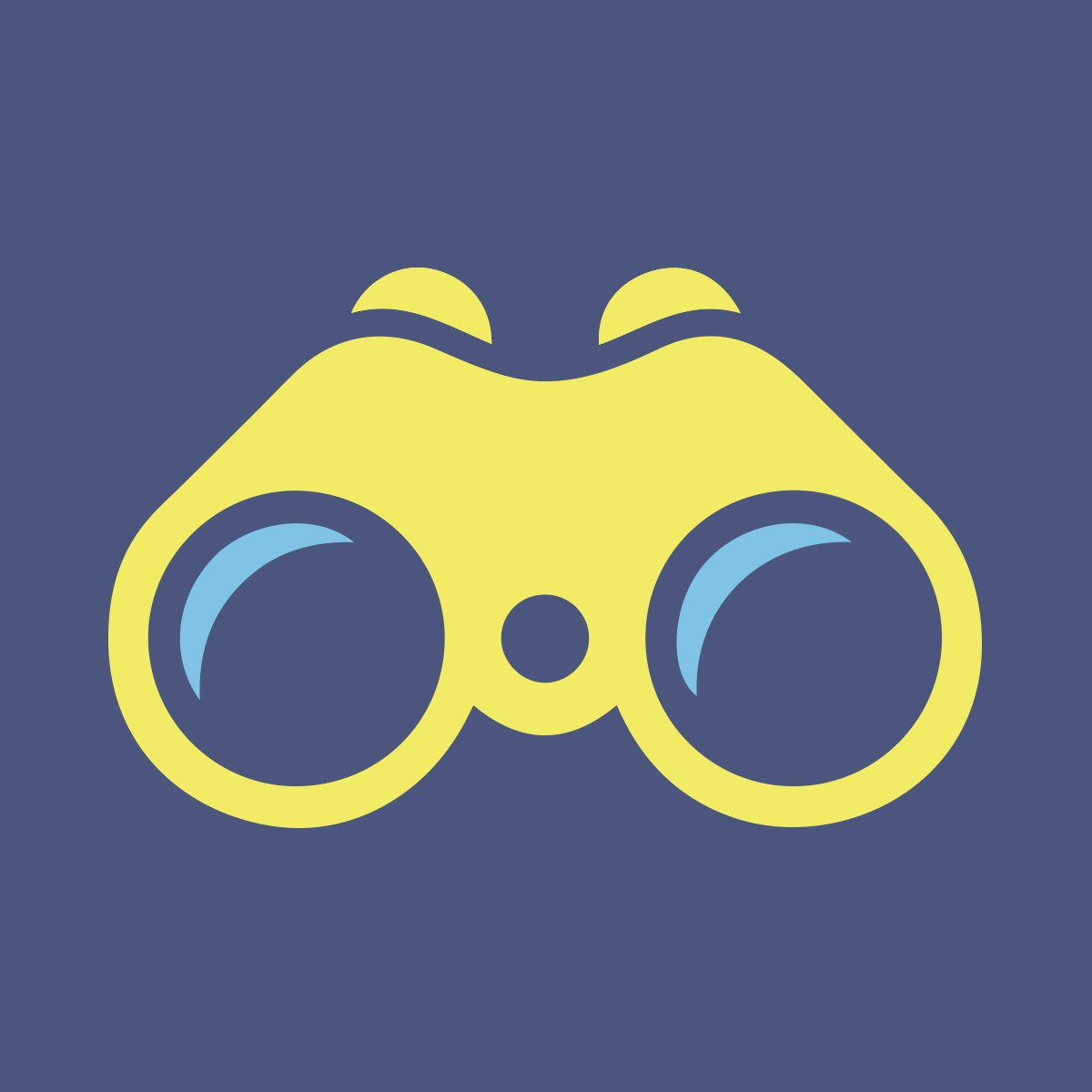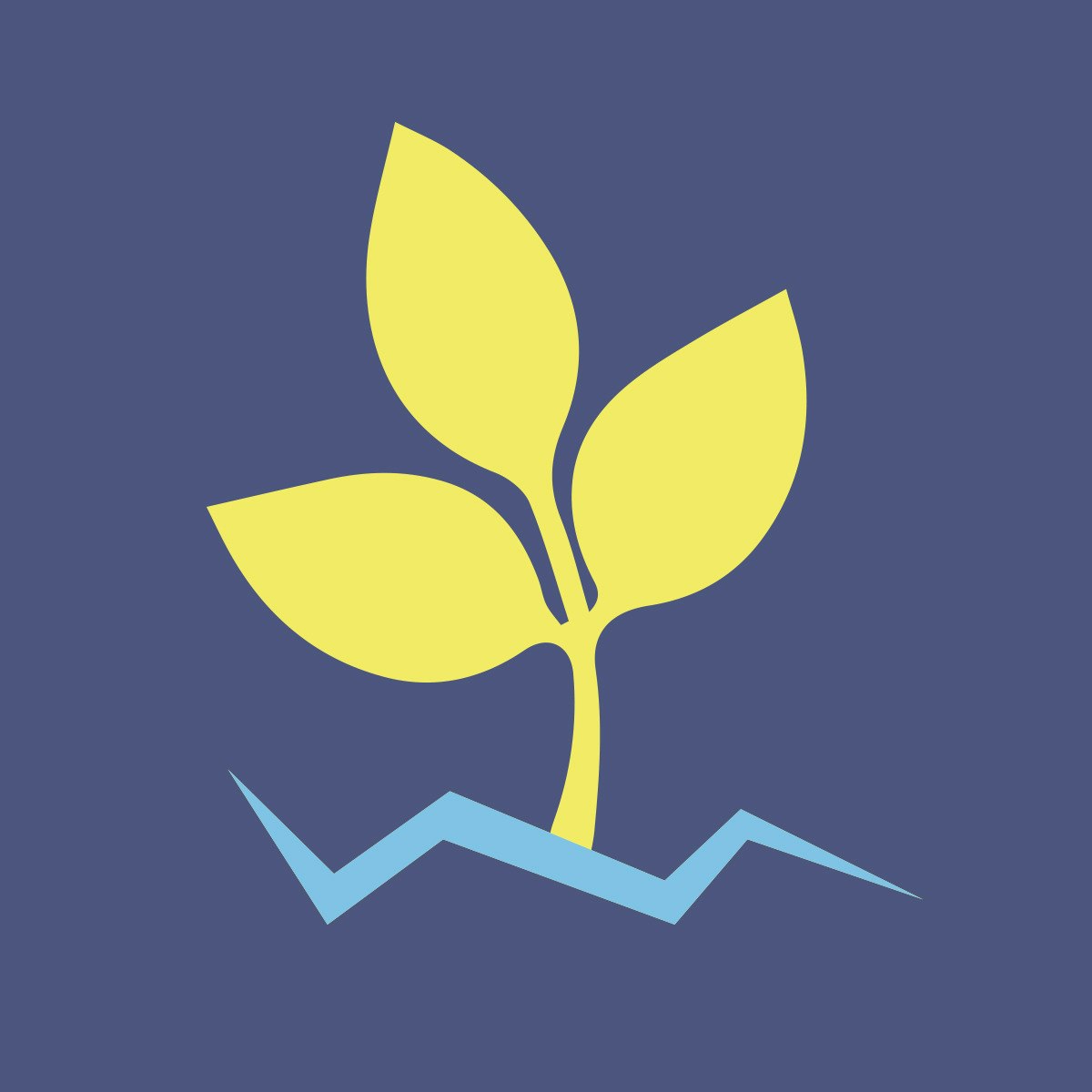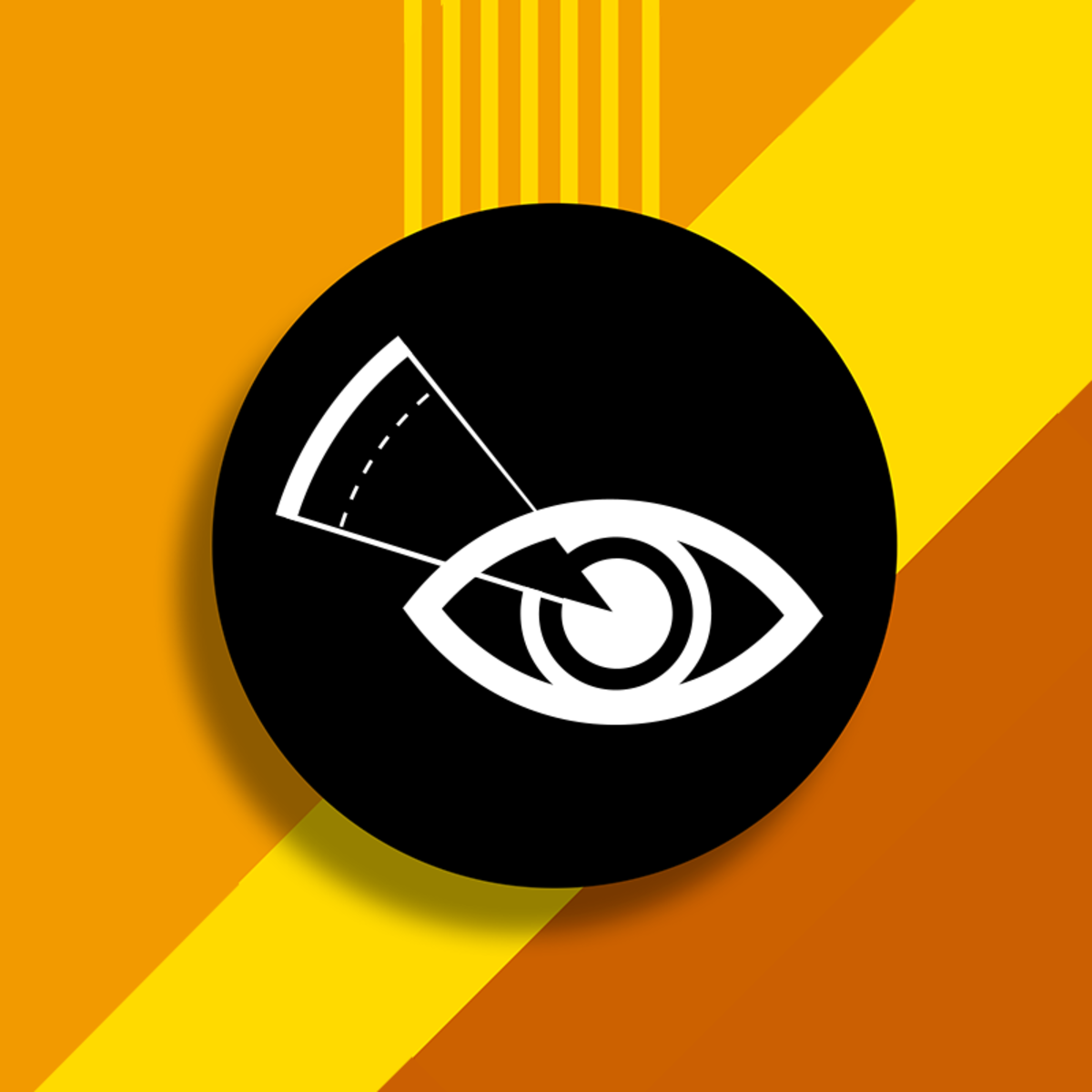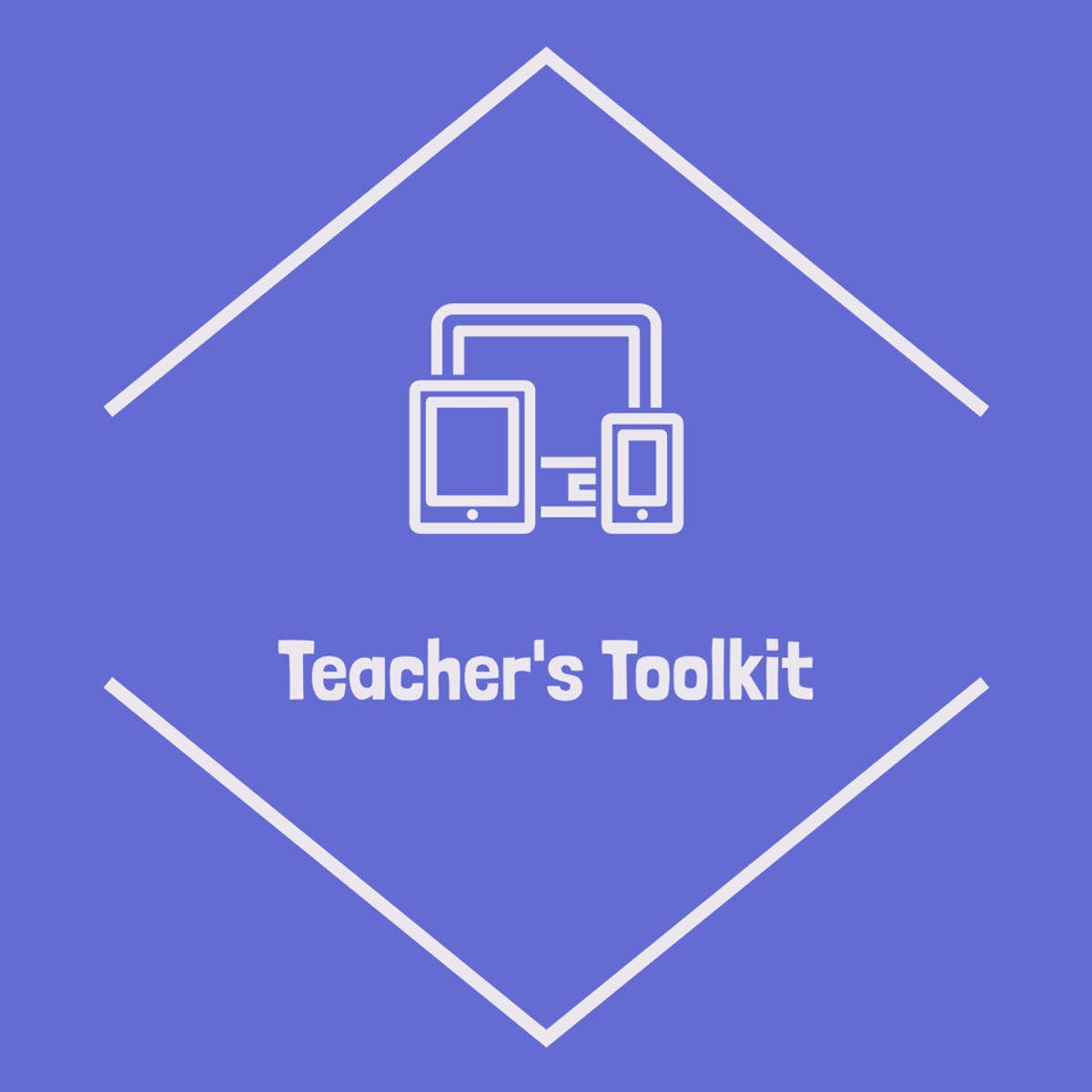Back to Courses









Personal Development Courses - Page 14
Showing results 131-140 of 514
Positive Psychology: Martin E. P. Seligman’s Visionary Science
Dr. Martin E.P. Seligman—renowned worldwide as the “father of Positive Psychology”—has led visionary leaps in the scientific research, empirical data and personal understandings of human flourishing. This course explores the past, present and future of positive psychology as a journey through the key scientific leaps led by Dr. Seligman and his colleagues at the University of Pennsylvania's Positive Psychology Center and Master of Applied Positive Psychology program.
There are no prerequisites.

Strategic Career Self-Management
According to the U.S. Bureau of Labor Statistics, in the current economy, Americans shift jobs every 4-5 years, which translates into 8-10 job transitions, including several career changes, over one’s life time. With competition for jobs on the rise, a person’s continuing employability and career success are increasingly defined by his or her mastery of individual career development and the ability to effectively "manage oneself" (P. Drucker).
In this course, you will learn how to think strategically and professionally about your career self-management. Through this course you'll develop an objective, external view of your marketable skills as a solid foundation for building a strong career brand. In particular, you'll be able to:
- explain why developing a protean and boundaryless career perspective based on transferable (portable) skills is advantageous for continuing employability and career growth;
- design your portable skills portfolio, identify and examine critically important competencies underpinning your transferable skills, and analyze your career self-management competency gaps;
- increase self-awareness, pinpoint your career goals, and envision your future work self;
- recognize the central role of self-management for developing transferable, marketable, skills and create a customized self-management information system (Career Development Lab) for ongoing personal development and professional growth;
- conduct a thorough, competency-based job analysis in your area of interest and examine practices of evidence-based, data-driven competitive employee selection;
-implement your newly developed skills for crafting effective selection criteria statements and refining your job applications.

Writing and Editing: Structure and Organization
This second course in the Good with Words: Writing and Editing series will help you become an effective architect of information, both with your sentences and with your paragraphs. You’ll learn that the traditional advice to “Show, don’t tell” is incomplete and that skilled writers actually switch back and forth between showing and telling.
You’ll also learn more about the menu of time management techniques introduced in the first course of the series, including “deep work,” “studio time,” and “the Animal Farm Principle.” And as with the other three courses in this series, you will get access to a wide range of books and other resources you can use even after you finish the course. These include: (1) the readings and exercises provided to the students who have taken the in-person version of this course at the University of Michigan and the University of Chicago; (2) two digital libraries of excellent writing from a diverse collection of journalists, scientists, novelists, poets, historians, and entrepreneurs; and (3) a monthly “Good Sentences” email.

A Life of Happiness and Fulfillment
What are the determinants of a happy and fulfilling life?
This is surely one of life’s biggest questions, and a question that has interested many of our ancestors. Buddha famously gave up his kingdom in search of happiness. Several Greek philosophers (from Aristotle to Epicurus and Plato to Socrates) had their own views on what it takes to be happy. And of course, we all have our own theories about happiness too.
How valid are our theories?
Until recently, if you wished for an answer to this question, you would've been forced to base it on discussions with spiritual leaders. Or, if you were lucky, you could've based it on late-night (and perhaps intoxicant-fueled) conversations with friends and family. Happily, all that has changed now. Over the past decade-and-a-half, scientists have gotten into the act big time. We now have a pretty good idea of what it takes to lead a happy and fulfilling life.
This course, based on the award-winning class offered both at the Indian School of Business and at the McCombs School of Business at The University of Texas at Austin, developed by Prof. Raj Raghunathan (aka "Dr. Happy-smarts") draws content from a variety of fields, including psychology, neuroscience, and behavioral decision theory to offer a tested and practical recipe for leading a life of happiness and fulfillment.
Although not mandatory, reading Prof. Raj's forthcoming book, titled If you're so smart, why aren't you happy? can help you review and assimilate the material covered in this book at your leisure.
For Coursera learners alone, the hardcover version of the book is available for a deep discount of 50%, plus shipping and handling. You can order the hardcover for 50% off by writing to Aaron at: Aaron@800ceoread.com. Please mention that you are a student of the "coursera happiness course" in your email.
The course will feature guest appearances by several well-known thought leaders, including:
- Dan Ariely (author of Predictably Irrational and, soon to be released, Irrationally Yours),
- Ed Diener (“Dr. Happiness”),
- Mihaly Csikszentmihalyi (author of Flow),
By taking this course, you will discover the answers to questions such as:
- Why aren’t the smart-and-the-successful as happy as they could—or should—be
- What are the “7 Deadly Happiness Sins” that even the smart and the successful commit?, and
- What are the “7 Habits of the Highly Happy” and how can you implement them in your life?
By the end of the course, I expect students who have been diligent with the lectures and exercises to not just gain a deeper understanding of the science of happiness, but to also be significantly happier.

Foundations of Teaching for Learning: Being a Teacher
The Foundations of Teaching for Learning programme is for anyone who is teaching, or who would like to teach, in any subject and any context - be it at school, at home or in the workplace. With dynamic lessons taught by established and respected professionals from across the Commonwealth, this eight course programme will see you develop and strengthen your skills in teaching, professionalism, assessment, and more. As you carry on through the programme, you will find yourself strengthening not only your skills, but your connection with colleagues across the globe. A professional development opportunity not to be missed.
How we teach has its foundation in how we were taught and how we learned. This course provides an opportunity for you to reflect on your personal and professional development as a teacher. Through reflection and portfolio development you will enhance your knowledge and understanding of how to promote learning.
Enhance your course by joining the Commonwealth teaching community on our website, Facebook and Twitter.
Positive Psychology: Resilience Skills
Learn how to incorporate resilience interventions into your personal and professional life with Dr. Karen Reivich. In this course, you are exposed to the foundational research in resilience, including protective factors such as mental agility and optimism. Several types of resilience interventions are explored including cognitive strategies; strategies to manage anxiety and increase positive emotions such as gratitude; and a critical relationship enhancement skill. Throughout the course, you will hear examples of individuals using resilience skills in their personal and professional lives. Suggested prerequisites: Positive Psychology: Martin E. P. Seligman’s Visionary Science, Positive Psychology: Applications and Interventions and Positive Psychology: Character, Grit & Research Methods.

Forecasting Skills: See the Future Before it Happens
For many people, the future comes as a surprise – or even a shock. But with strong forecasting skills, YOU can avoid future shock. You can adapt faster, and become better prepared to benefit from change.
In this course, you’ll build your future forecasting skills. You'll learn how to turn groups of "signals" (clues about the future) and "drivers" (global forces that influence the direction of change) into compelling future forecasts. Forecasts help you discover new possibilities and opportunities for yourself, your company, or any community you want to inspire to make a better future.
You'll also learn how to write future scenarios. Scenarios take forecasts one step further. They spark imagination and tell a story about what might happen if a forecast comes true. Scenarios help you evaluate: Is this a future I'm ready for? Is this a future I want?
Leading futurists from the Institute for the Future will show you exactly how it's done. They'll share with you the forecasts and scenarios they’re most excited about right now, and walk you through the key steps they took to create them. Then, it's your turn! You'll create a forecast and a scenario on any future topic you choose.
How will you benefit from taking this course? With strong forecasting skills, you'll get better at seeing the future before it happens. You'll be ready to consider possibilities that others never see coming or refuse to accept. You'll be able to help others prepare for and adapt to the future. You can decide which futures you want to make more likely, and which futures you want to prevent.
Many thanks to the Enlight Foundation and the Enlight Collaborative, which provided a grant to support the creation of this course.

Interactive eLearning and Assessment with Edulastic
By the end of this project, you will be ready to use Edulastic to identify gaps and measure growth as your students learn. With Edulastic, you can not only assess and measure your students’ progress, but you can also differentiate student assignments. Each student in your class will receive instruction in any subject that is tailored to their unique learning needs. Edulastic is essential for distance learning but also valuable for learning in the classroom, whether you use a hybrid model or are looking for ways to engage students with content at home. Throughout each task, we will work together to ensure that you are ready to use Edulastic with your students right away.

Creating Behavioral Change
In this course you will learn about understanding and changing mental and physical health behavior. We will examine both the historical context and the current science. Major topics will include fundamental behavioral principles and basic elements of empirically supported individual treatments (e.g., motivational interviewing, cognitive behavioral therapies). Lectures and examples will illustrate both the theory and the practice of evidence-based approaches to behavior change. You will engage in a course-long behavior change experiment as well as brief quizzes. Please note: this course is designed to introduce you to a range of contemporary approaches to behavioral treatments; however, it will not provide the skills needed to implement psychological interventions with others (this requires years of graduate training) nor is it designed to address or resolve your own psychological problems.
For each module, students will complete 1 assignment related to their personal behavior change project and 1 quiz on the week’s material.

Study Skills for University Success
In this course, you’ll learn about many important skills to support your study, including time management, discovering your own learning styles, and reading more effectively and increasing your vocabulary. You’ll hear some guidelines for studying effectively in online or remote classes, which are becoming more and more popular in university-level education. You’ll also improve your skills in listening to lectures and taking good notes to help you as you study for tests. Finally, you’ll hear about expectations for participating in lecture classes and tips for communicating with professors and making friends with classmates. Being a university student can be a rich, rewarding experience if you have the skills you need to succeed both in your classwork and in getting along with others. This course will help you gain some of those skills.
Popular Internships and Jobs by Categories
Find Jobs & Internships
Browse
© 2024 BoostGrad | All rights reserved